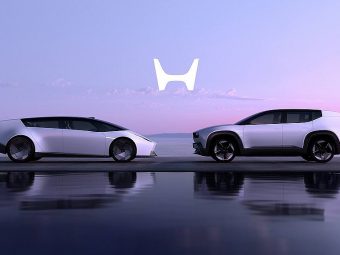According to a recent automotive research study, software-defined vehicles, advancements in battery and charging technology, and improved reuse and recycling of components could collectively generate over $660 billion in revenue for the auto industry by 2030. The study predicts a shift in the auto industry’s revenue streams away from traditional sources like combustion engine parts and maintenance toward the aforementioned sectors.
As the industry pivots towards innovation in battery technology, robotics, AI, and data, the demand for fewer mechanical engineers and a greater need for software and chemical engineering expertise will grow. The current challenge of integrating hardware and software skills has led some established brands to postpone vehicle launches.
Battery-powered electric vehicles (EVs) will comprise 50% of global sales by 2041, slightly later than previously expected. This is largely attributed to inadequate charging infrastructure in some regions, hindering consumer adoption of EVs.
Market penetration of EVs will also hinge on government policies. The slow growth in EV sales in Europe is due to reduced incentives and limited affordable models, particularly in countries like Germany.
Despite short-term obstacles, eventually, EVs will outnumber combustion-engine vehicles by 2040, but it requires long-term investment in EV production by manufacturers. The increasing focus on hybrid production in the U.S. could serve as a transitional phase for consumers as manufacturers prepare to scale up EV production.
Traditionally, vehicle development has centered on hardware, however the auto industry will need to prioritize software as vehicles become increasingly “software-defined.” For example, the average lines of code per car from 200 million in 2020 will rise to 650 million by 2025.
The future auto industry landscape will shift towards software-defined vehicles, advanced battery technology, and sustainable practices. legacy car manufacturers and EV start-ups will need to adapt and thrive in this transformative landscape.







